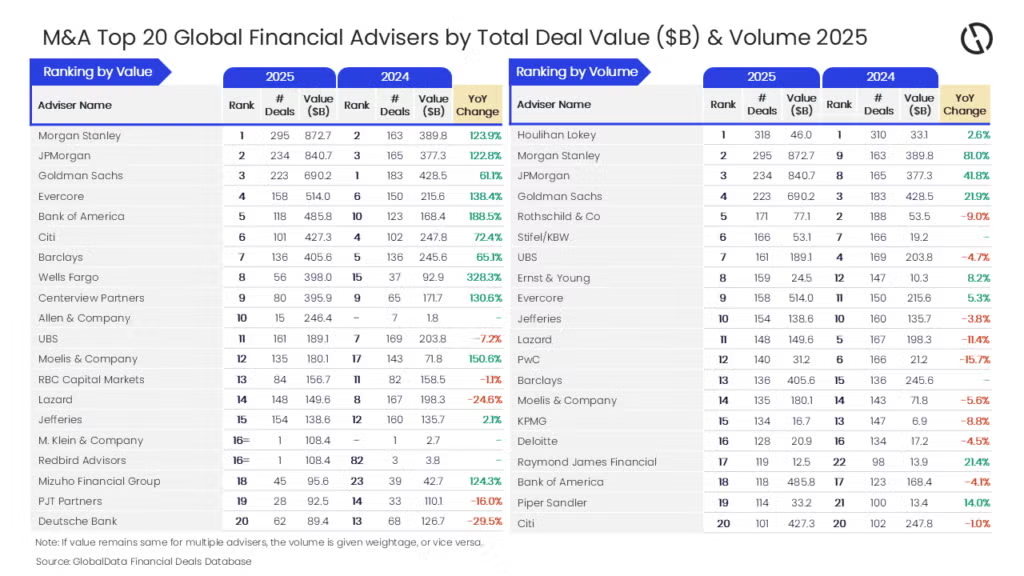Amanda Hartshorne believes a single, open, secure and innovative European market in payment services will be very positive for banks – but many will need to change or revamp to secure a place in the new milieu
Banking, like many other businesses, is working through a sea of change. Our sector in particular is being swept along by a mix of new technologies, a switch in consumer behaviour and regulatory transitions which means we always have to be on the ball to ensure efficiency throughout.
By changing the legal framework governing payments, successive European regulatory provisions (notably, Payment Services Directives and related regulations) have had an enormous knock on effect on banks’ business models.
Although payments are key for direct and indirect income, banks are seeing their margins cut. At the same time new arrivals in the market from non-banking histories, primarily e-commerce companies, have become a major risk to traditional banking business.
Increasingly e-commerce companies, for example, are impeaching on the ground of established players and openly looking to gain market share by taking advantage of regulatory and technological changes. Many of these new arrivals also have the upper hand in being able to draw on large resources and bring in experience gleaned from their core businesses. Thus this is not a time for anyone in the payment arena to sit back and feel smug.
Is it a time for banks to hold their hands up and give up top position on the current payment rankings? Or is it time banks get back in touch and make the transitions necessary to ensure their premier position. Thanks to the new European regulatory provisions, like the new Payment Services Directive (PSD2), issued by the European Commission, they won’t actually have the privilege of choice. Why? Because Third Party Providers (TPP) will soon have the key to bank accounts for their payment initiation services.
It is very clear that transitions within the payment market have thrown established positions off balance. At the same time their incomes are under threat from a growing competitive field coupled with the arrival of non-banking competitors bringing very different business models to the table. But such competition has the potential to breed innovation and create a host of market offering in terms of content, price and flexibility and simplicity – all jostling to become the market standard.

US Tariffs are shifting - will you react or anticipate?
Don’t let policy changes catch you off guard. Stay proactive with real-time data and expert analysis.
By GlobalDataBut with multiple value propositions comes confusion. This actually gives banks as well as TPPs an open door of opportunity. And it is very definitely one that established players should run for.
A strategy for disruption in the marketplace
Banks must move to develop new offerings and services for their customers and partners that will provide more attractive, added value. This means adopting a support role through the purchase process, from start to finish. Banks also need to create a proposition around their own payment information services to their customers, via collaborative, community initiatives between banks in order to create innovative payment models. The added bonus is that these can also be marketed to Third Party Providers.
But banks can only do this by accepting change. Actively opening up and welcoming their systems to external players as part of a new generation of ‘co-opetition’ processes between participants. At the same time they need to build viable business ecosystems that are firmly targeted at the end user. This open, constantly emerging world will allow banks to work with various stakeholders to create an environment that fuels innovation and dexterity and enables all involved to learn from experiences and feedback.
Banks have many advantages, however, that they can play against their new competitors. These include a hefty market share, financial expertise, legitimacy and trust. However, they also need to take on board methods used by their competitors to really succeed. These include being agile, aware of market change and the need to continually innovate.
Instead of sticking their heads in the sand or taking a scatter gun approach to changes in the payments market, the adoption of a co-opetition culture from the onset will enable banks to face new entrants into the market head. This can be done by enhancing their own value propositions, learning from the industrial experience and rapid ability to adapt underscored by new entrants, relying on their fail safe expertise, achieving savings on investment and economies of scale and pushing for wider adoption by consumers and merchants of their proven payment models.
Banks must reach out and make themselves part of innovation networks, which may be made up of very diverse partners. Possibly other banks facing the same hurdles looking to build a critical mass quickly, dynamic start-ups as well as partners form other industries who can bring fresh outlook and experience to the core business. Examples of the success of such co-operation have already been played out. Take for example the development of the bank card or services such as Sepamail or wallets Paym in the UK or the pan-European MyBank initiative.
The benefits new partners can bring in terms of creativity and speeding up time to market are very obvious. Some banks have accepted such partners directly into their ecosystem, some banks have acquired a stake in them or financed resources whilst others have gone down the white label route to integrate offerings. There are a number of possibilities, but whichever road you choose – be sure to grasp the expertise and outlook on offer in a collaborative way. This will ensure a fruitful partnership and a cost effective outcome.
Openness and collaboration – bywords for the future
The payment revolution is posing a threat to banking traditions. But they are ready for the challenge ahead. Yes, they may need to adapt their offerings to incorporate digital wallets, for example, and they will need to form new and very different relationships with partners and customers. But these they can all do.
The winners will be those who are ready to commit, innovate and who are unafraid to forge partnerships with new players, however off-centre they may be.
Amanda Hartshorne is Principal Business Consultant, Compliance, at Sopra Banking Software








